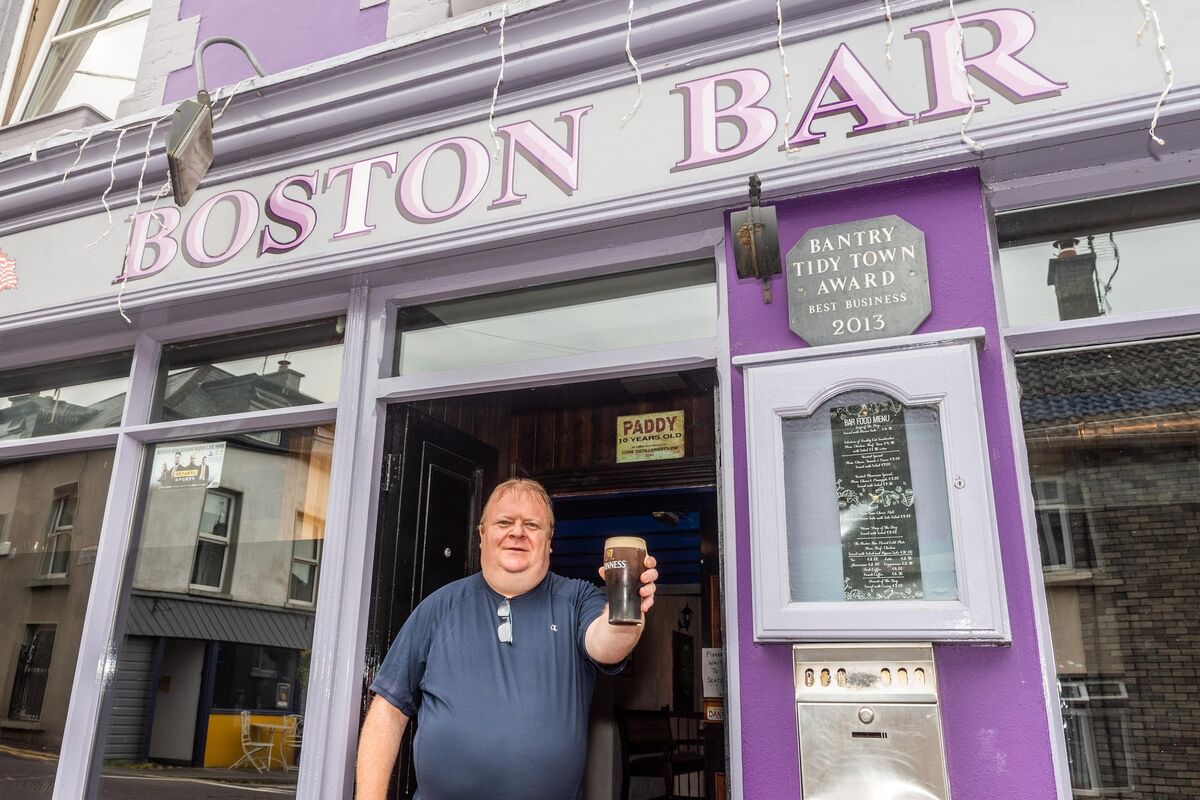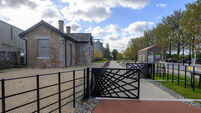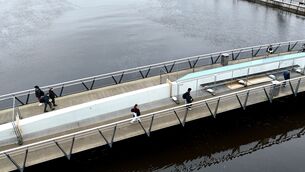Rural Cork pubs will close due to exclusion from energy scheme, claims county mayor

To qualify for an energy support scheme, businesses must demonstrate that their average monthly unit price for either electricity or gas has increased by at least 50%, compared to the average unit price for the same month in the previous year.
RURAL pubs are facing closure thanks to “discrimination”, the Mayor of County Cork has claimed.
Councillor Danny Collins, who owns the Boston Bar in Bantry, said rural pubs have been “left behind” by the Government’s Temporary Business Energy Support Scheme (TBESS) because their premises are not connected to the natural gas pipeline.
The TBESS allows businesses that qualify to claim back up to 40% of the additional costs they are facing in energy bills between September 2022 and February 2023.
To qualify, businesses must demonstrate that their average monthly unit price for either electricity or gas has increased by at least 50%, compared to the average unit price for the same month in the previous year.
The Vintners’ Federation of Ireland (VFI) has said that an estimated 1,500 of its member pubs use kerosene and LPG gas to heat their premises, and those businesses should be allowed join TBESS and claim supports.
However, the Department of Finance has said in the case of businesses using energy sources which are not metered, it would not be possible to determine an individual premises’ precise usage or the exact increase in the per unit price.
Cllr Collins said the legislation showed a bias in favour of businesses in larger towns and cities which have access to natural gas supplies and against rural premises.
“Rural pubs just about survived the pandemic, and now energy costs are gone through the roof, and we’re all trying to cut back as much as we can, but you don’t want to make the place cold or unwelcoming either,” Cllr Collins said.
“One pub in Skibbereen closed down a month ago or so, and I believe before the end of next year you will see a lot more close down throughout West Cork and across the county.” Mr Collins said that in his pub, which relies on oil heating, energy costs had almost doubled.
“Rural pubs that have no connection to gas have been left behind and that is simple discrimination.” Michael O’Donovan, who is Cork city and county chairman of the VFI, and who owns South Main Street’s Castle Inn, said the VFI had flagged to Government that gas simply isn’t an option for vast swathes of rural Ireland, but their concerns have not been addressed.

“It’s disappointing that the Government hasn’t included the various other options of heating, because in rural Ireland, kerosene and liquid gas is the norm, and unfortunately Dublin-based officials haven’t seen that,” Mr O’Donovan said.
“We’ve seen kerosene going from 60 cent a litre to €1.30 a litre, and it’s putting enormous strains on publicans at the moment.
“I think you will start to see pubs closing for periods, especially come January, because the cost of doing business will be just astronomical,” Mr O’Donovan said.
A spokesperson for the Department of Finance said the TBESS operates by reference to bills for the metered supply of natural gas and electricity.
“For energy sources such as oil and LPG which are not provided through a metered supply, it would not be possible to accurately determine the actual usage for each monthly claim period, the relevant unit price for each claim period, or the actual increase in that unit price and usage over the same period in the reference period,” they said.










 App?
App?


